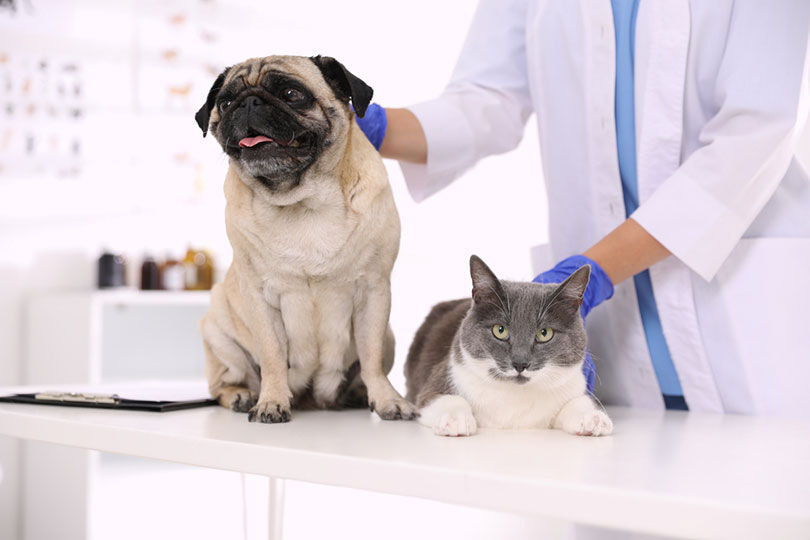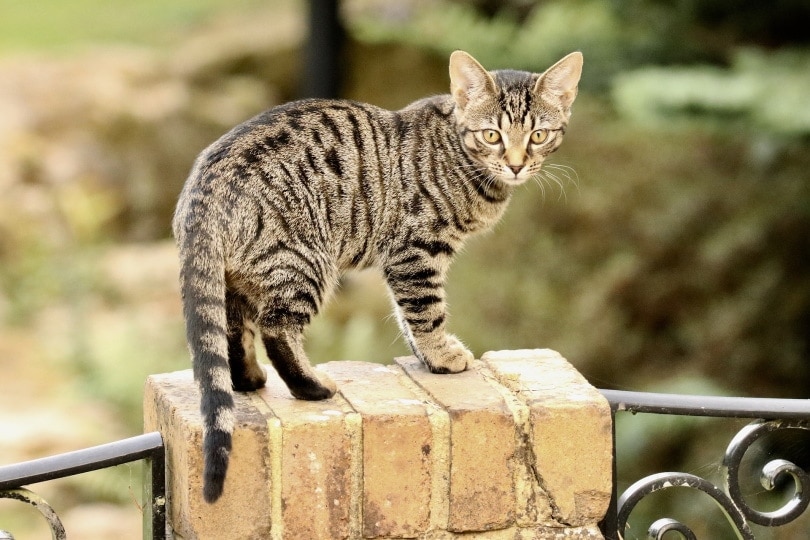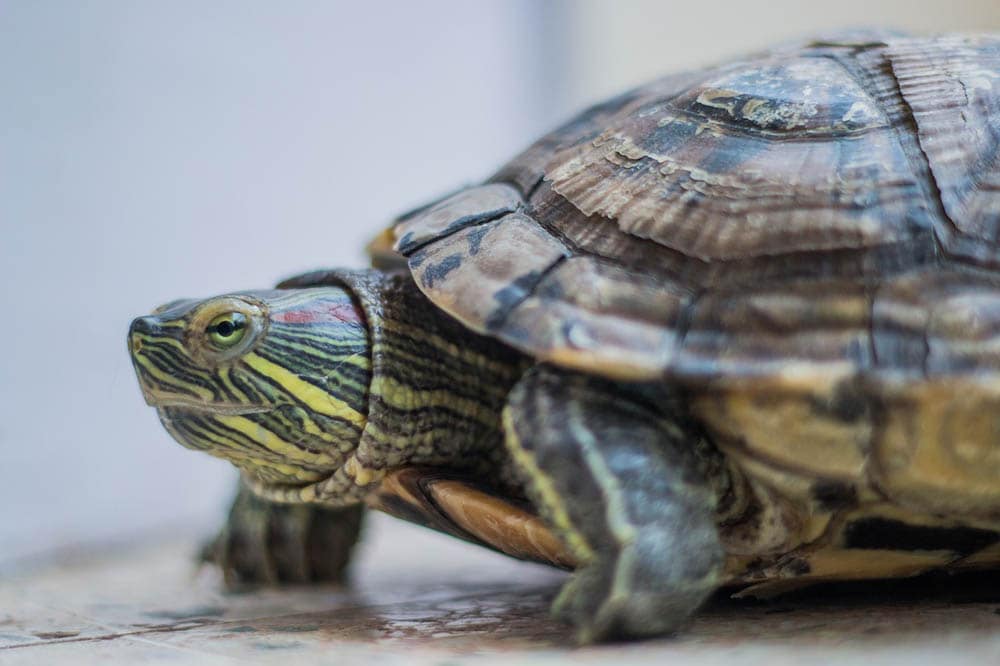Do Cats Like the Dark? Feline Preferences Explained
Updated on
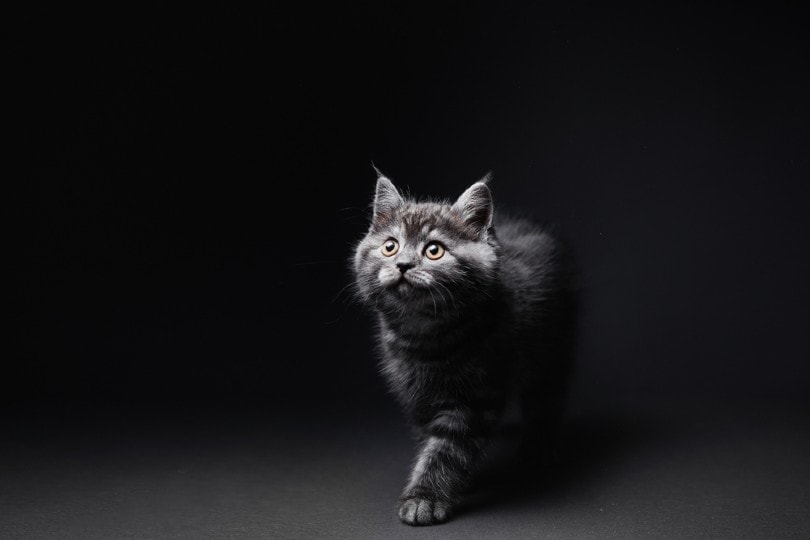
Pop culture tells us that felines can see in the dark, but this simply isn’t true. Cats are crepuscular creatures, which means they’re most alert at sunrise and sunset. They prefer neither total darkness nor extreme brightness. Felines can sleep in both light and dark conditions, though, so it makes no difference if you leave the lights on or turn them off.
 Myths About Cats and Darkness
Myths About Cats and Darkness
It’s not uncommon to hear that cats are nocturnal, and any cat owner can tell you that their cats don’t mind being awake at night. Many will sleep all day just to prowl around in the darkness. This perpetuates the myth that cats are nocturnal and that they can see in the dark.
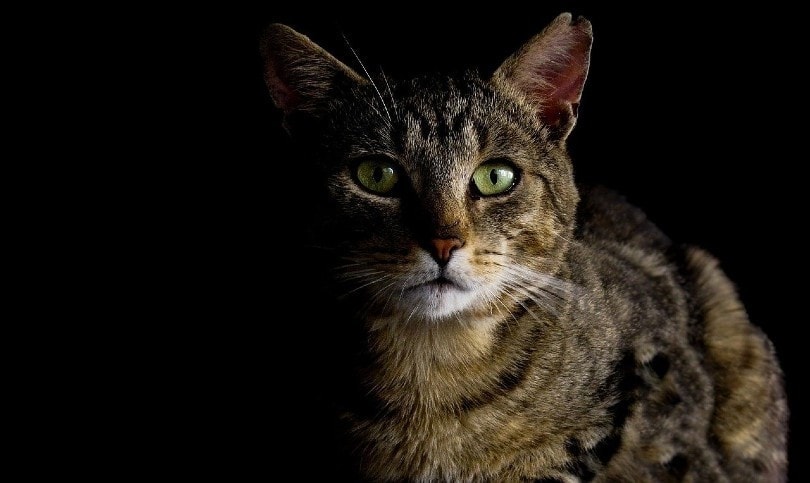
Eyeshine
Cats’ eyes have something called “eyeshine.” Many animals have this feature, but it doesn’t help them see in the dark; it helps us see them. Animals with eyeshine reflect light with their eyeballs in a similar way to reflective lights or tape. We humans create these things to make ourselves visible in the dark. Cats have this feature built right in.
Low-Light Vision
While cats can’t see in pitch-black darkness, they can see better in the dark than we can. They need only about 15% of the light volume that humans need to see clearly. This gives them superior low-light vision.
Cats have slit-shaped pupils that control the amount of light that enters their eyes. This prevents the bright sun from damaging their eyes and lets in more light when it’s dark. We humans have round pupils that don’t provide us with these abilities.
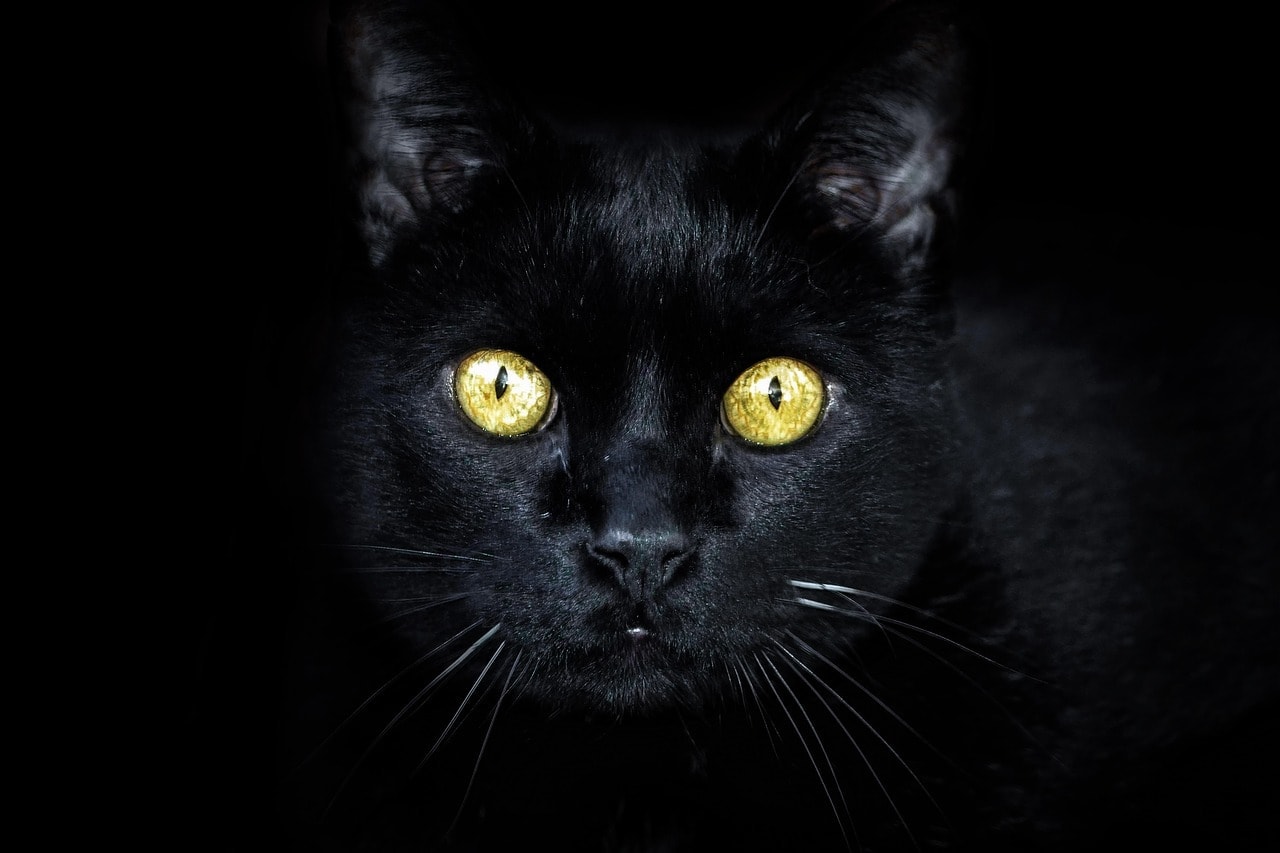
Do Cats Have Good Vision?
Perfect human vision is defined as 20/20 vision. Cats have something ranging from 20/100 to 20/200 vision. This means that what we can see clearly from 100 feet, cats can only see clearly from 20 feet. They don’t have good near vision because they don’t have enough muscles surrounding their eyeballs to change their lens shape.
Humans also have better color vision, while cats have better night vision. Cats aren’t color blind per se, but humans can see more vibrant colors. The human eye has more cones, which are the cells responsible for seeing color. In place of those cones, cats have extra rods. Rod cells create low-light vision. Cats are also better at detecting fast-motion objects than humans.
This is all to say that the term “good vision” is subjective. Cats have a vision that makes them superior hunters, a skill that’s necessary for survival in the wild. Humans have vision that is adapted for different purposes.
What Light Spectrums Can Cats See?
Cats can see a different spectrum of light than humans, including ultraviolet light, as determined in a university study conducted in London in 2014.
The electromagnetic spectrum contains all wavelengths of light known to exist. Visible light for humans ranges between 400 and 750 nm wavelengths. Anything measuring lower than 400 nm is considered ultraviolet light. These wavelengths are absorbed by our eyes and not “seen.”
Interestingly, cats are among the many animals known to have UV vision. Their eye lenses enable small amounts of UV light to pass through so it can be recognized by the brain. This is an important contributor to a cat’s superior low-light vision.
Final Thoughts
Despite the perpetuating myth, cats can’t see in total darkness. They aren’t nocturnal, but they do prefer low-light conditions, like those at dawn and dusk. Their vision is specifically adapted for those situations. While cats can’t see color the way that humans do, they can see better at night and are better at detecting motion. Cat’s ability to see ultraviolet light also improves their low-light vision.
See also:
- Black Cats and Halloween: Myths, Facts & Protecting Black Cats
- Are White Cats With Blue Eyes Deaf? Our Vet Answers
Featured Image Credit: kudla, Shutterstock
 Myths About Cats and Darkness
Myths About Cats and Darkness
